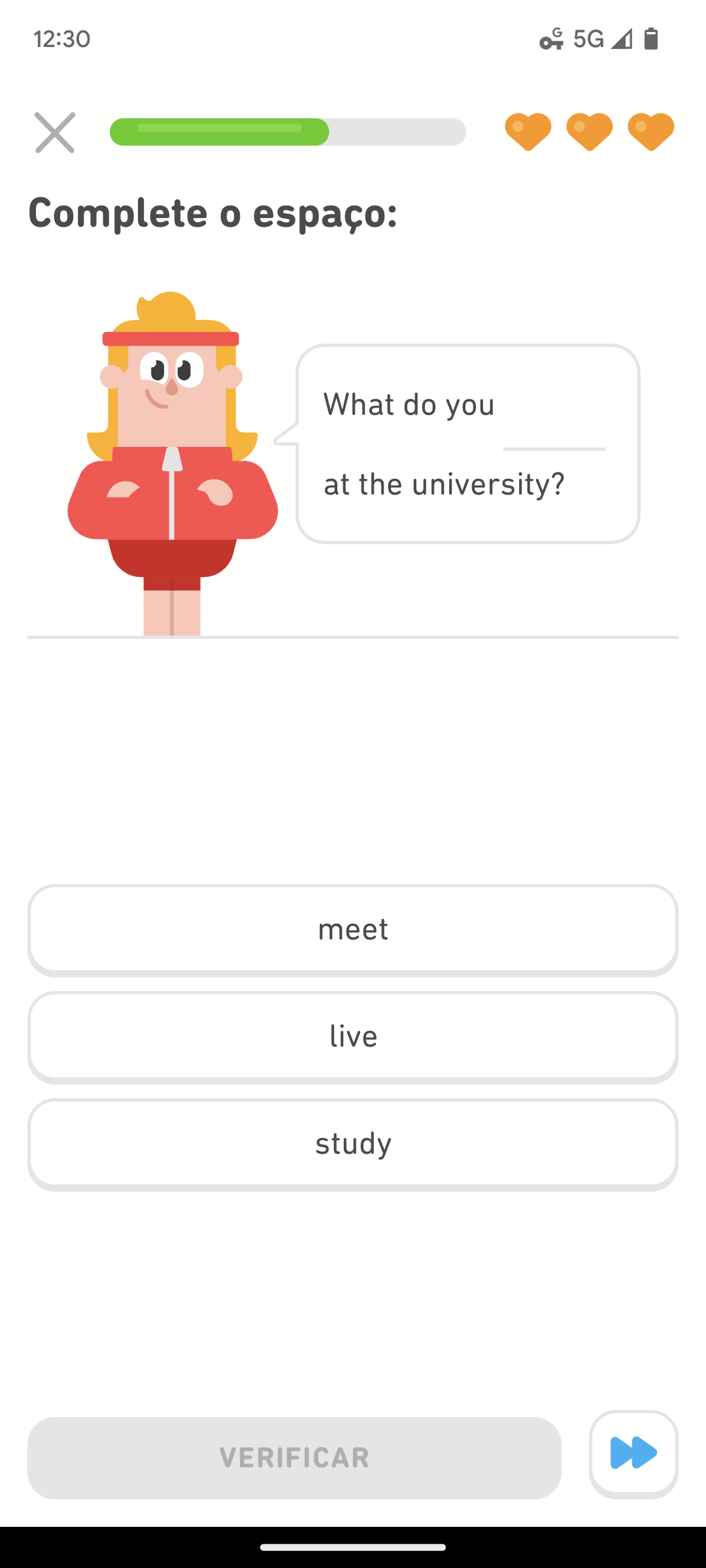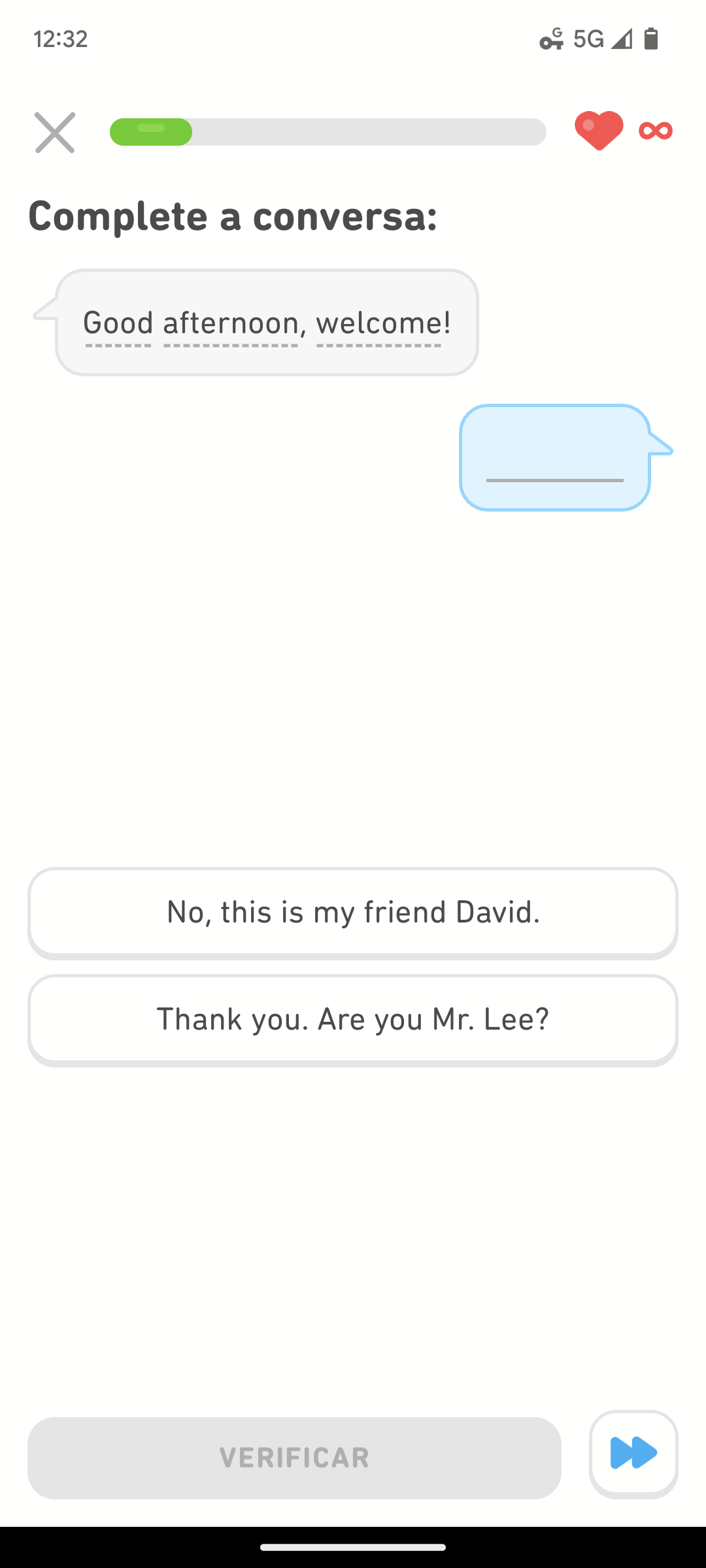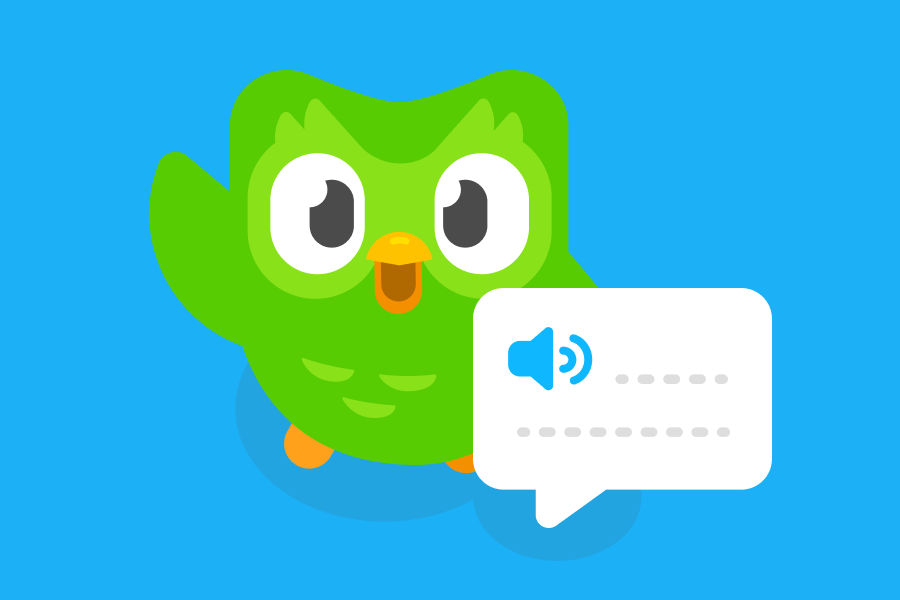Hello! Greetings! Howdy! Welcome to a celebration of English, the language of Venus and Serena Williams, The Beatles, Michelle Yeoh, Idris Elba, and Priyanka Chopra—a global language with global appeal! You'll find English while online shopping, scrolling through TikTok, and in hostels around the world, so naturally learners have many reasons to explore and study the wide world of English.
And wide it is! Much wider than the British Isles and North America—English is a beautiful, dynamic language, and its popularity (spoken by more than 1.5 billion people around the world) might make you think you know everything about the language already. But there are a few surprises about English that new learners should know!
Where did English come from?
English is a Germanic language. This means that it has structures that are similar to languages like German, Dutch, and Swedish, but many languages and cultures have contributed to the English we know today! English has a lot of vocabulary that came from French and Latin, so even if the grammar is different, many words will look familiar to speakers of Romance languages.
English is the official language of more than 50 countries. This is largely the result of colonization and conquest carried out by English-speaking people, which has led to the emergence of diverse varieties of English each with their own flavor: You'll find different vocabulary, pronunciation, and even grammar across different English dialects! These include Philippine English, Nigerian English, and Guyanese English along with English-based pidgins and creoles, such as Jamaican Patois, Singlish (in Singapore), and Manglish (in Malaysia).
English learners love Duolingo. In 2022, English was the most popular language studied on Duolingo, reaching #1 in 119 countries and #2 in 11 more! Our English course for Spanish speakers is the most popular course we offer with over 37 million learners—and 18 more of our 24 English courses have over one million learners! 🤯
Is English hard to learn?
What makes a language “tricky” depends on a lot of factors, but English certainly has a reputation for being a challenging language! Each of the following examples tend to elicit head scratches from both new and seasoned learners.
English spelling is an untamed beast! The poem The Chaos by Gerard Nolst Trenité sums up this frustration pretty well:
Woven, oven, how and low,
Script, receipt, show, poem, toe
Woven and oven do not rhyme in English, nor do how and low, despite how they are spelled! The “p” sound is pronounced in script but not in receipt. Many speakers pronounce both vowels in poem, but toe rhymes with… you guessed it! Low from the previous line. 😅 This can be especially difficult for early learners, but practice truly does make perfect in this case! Exposure to these words and spellings is key.
English is an anarchist! That is to say, there is no governing body that sets the rules of the language like the Académie Française for French or the Accademia della Crusca for Italian. Without anyone to declare what should be seen as the “correct” version of English, everyone who uses English might never agree on contentious grammar questions about the Oxford comma, split infinitives, and prepositions ending sentences. Learners will encounter many standards, opinions, and patterns depending on where you are, who you're talking to, and the formality of the English you're learning!
English keeps you on your toes! For every rule you learn, there’s usually an exception or two… or many! This is especially true for English plurals. You might learn to form the plural by adding -s to the end of a noun, but watch out for words like ox (plural oxen), curriculum (plural curricula), and goose (plural geese). These surprises are everywhere! An exception is hiding in almost every pattern you learn in English, so stay alert! 👀
What makes English fun to learn?
English likes sharing! English speakers are often in contact with speakers of other languages, which leads to borrowing words—like pharaoh from Greek, liaison from French, and zucchini from Italian. This helps explain why English spellings are so difficult! But it’s not one-sided! English lends out words, too. How do you say jeans or internet in the languages you know? Chances are, they’re borrowed from English!
There are so many types of Englishes! Throughout the world, people from every continent have reclaimed English with their own distinct twists and flair. People from every age group, ethnicity, and background use English to navigate the world and tell their stories, either as their primary language or in tandem with others. That's why no one variety of English is best, or even better than any other!
It’s easy to English in innovative ways! Words in English are being repurposed all the time. Verbs like to debut or to host used to be only nouns, but now, we use them comfortably as verbs. More modern examples are new verbs like to hashtag or to Google. Sometimes, newer verbs derived from nouns, like “to English” can sound a little odd, but with continued use, they become a standard part of the language.
How can I learn English?
Learn and practice with one of Duolingo’s English courses. At Duolingo we’ve got 24 English courses and a great group of English experts dedicated to bringing you the best free education possible! We work on Duolingo Podcasts, Stories, smart tips, videos, and every fun, silly, and interactive exercise you see in your lessons, so that you can learn from engaging English content. All these lesson types and features work together to strengthen your English skills across reading, writing, listening, and speaking.
| Reading comprehension | Fill-in-the-blank | Complete the dialogue |
|---|---|---|

| 
| 
|
Set yourself up for success by changing settings. You've probably already watched English-language movies and TV shows, and you can use the settings on streaming services to turn binge-watching into easy study time! Re-watch old favorites with English subtitles, and challenge yourself to read in English to catch more of the language. Since you already know the plot and dialogue, you'll be using that context to help you acquire new vocabulary and grammar!
Read English versions of the books, news, and sites you love. Look for books in English from your favorite authors or genres—sometimes that'll mean reading in the original language, which is also a fun accomplishment for a learner! You can also practice English with shorter reading tasks, like keeping up-to-date on news and current events by reading English news sites (including about news in your own country!), and following English-language accounts on social media is a great first step for beginners especially, since it'll give you practice reading just a few lines at a time!
Make use of your favorite fandoms. Seek out the latest on the shows, books, and movies already occupying your time—in English! Whether it's on Reddit, TikTok, or Instagram, find conversations in English to practice reading (and responding!) about the topics you care about. This is a great way to build vocabulary… and it won't even feel like studying!
Take yourself on a staycation. In many parts of the world, you can find English-language tours… of your own city! This can be a fun way to learn about your town and practice listening to a new language. You might also have access to English audio guides at your favorite museums and monuments! In addition to being a tourist for a day, you'll be able to meet other English speakers and learners out learning about your culture!
Be patient and forgiving with yourself. Many people may have memories of learning English in required classes that often feel intimidating. Remember that you set the goals in your language learning journey. The journey might be ongoing, but as long as you’re feeling empowered and excited in your new language, you’re on the right path.
Whether you first explored English as a small child or as an adult; whether you want to understand the soundtrack of Hamilton better or watch Stranger Things without subtitles, Duolingo is here to support you! As you explore, we hope you find the fun, quirk, and beauty that English has to offer.



